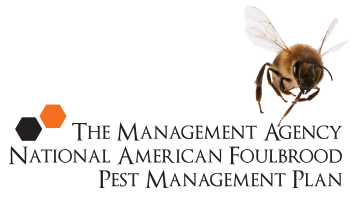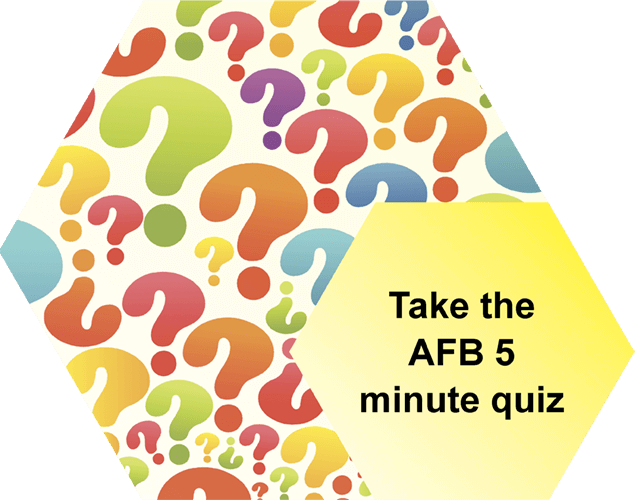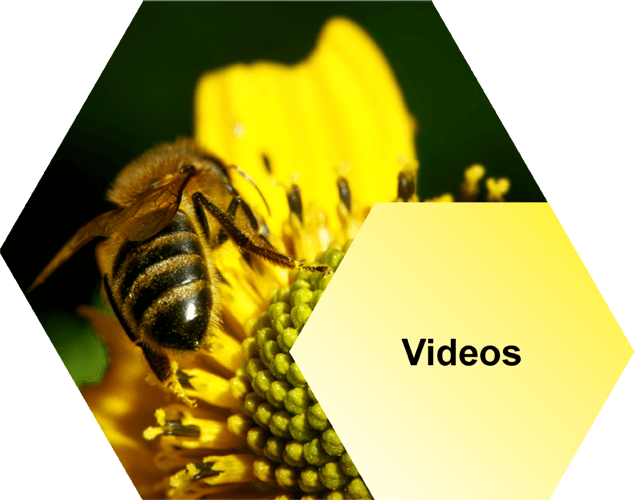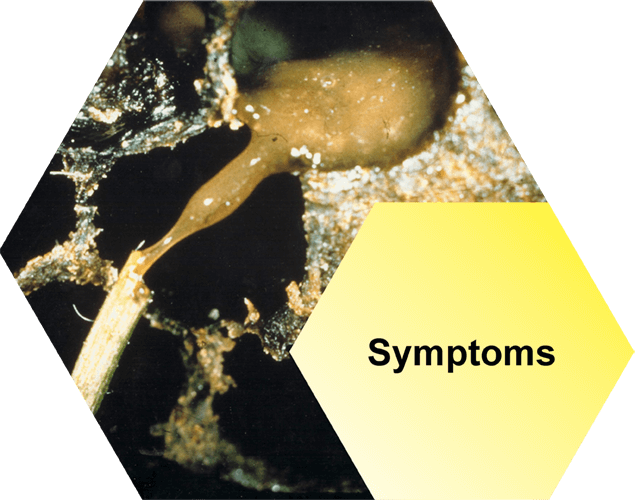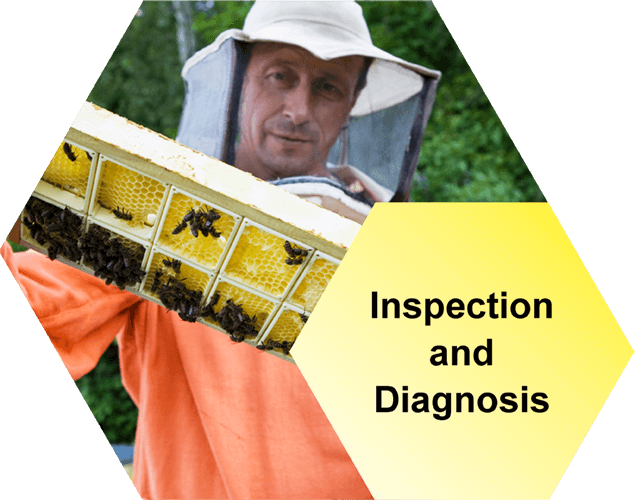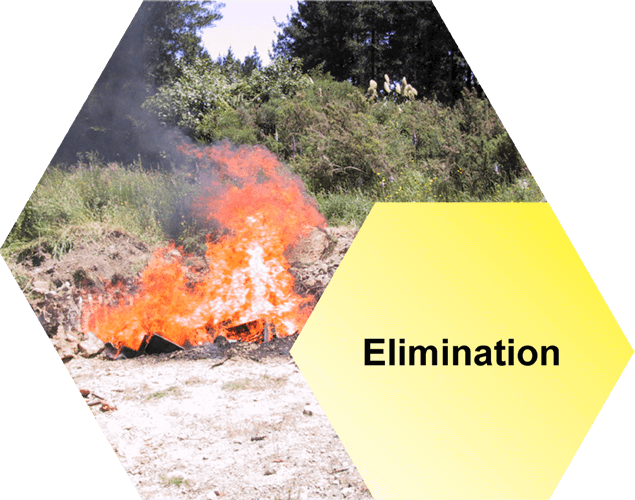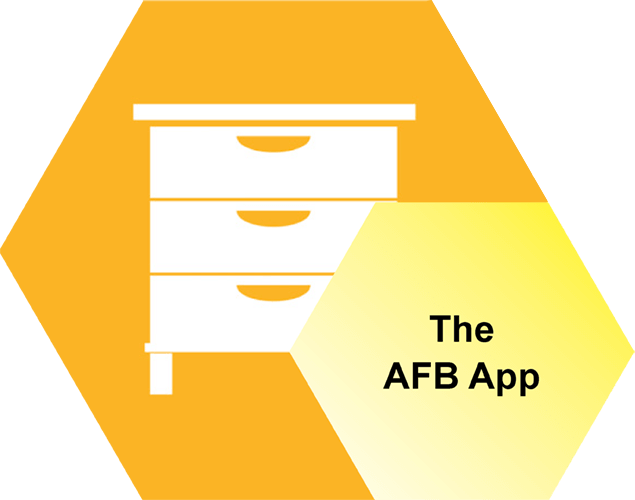Having considered the feedback received the Management Agency Board has decided to change the proposal to increase the American foulbrood levy. These changes will be consulted on in March 2019. The key changes proposed are outlined below:
The existing apiary and beekeeper levy to be replaced with a hive and beekeeper levy
The majority of respondents considered that the Management Agency should not continue to use apiaries as a basis for calculating the levy. These respondents proposed that the apiary levy should be replaced with a hive levy. They considered that the proposed levy structure was unfair to beekeepers with low hive concentration, hive rental companies, and urban beekeepers working within local council laws regarding apiary size. Many respondents also considered that the proposed levy structure would be a disincentive to registration of hives and apiaries and would incentivise high hive concentration with a higher disease risk.
Having considered this feedback the Management Agency Board has decided that replacing the apiary levy with a hive levy will result in a fairer distribution of national pest management plan costs. Replacing the apiary levy with a hive levy will also reduce the financial incentive for beekeepers not to register apiary sites or to establish apiaries with a high concentration of hives.
Management Agency to establish a dedicated team focused solely on the elimination of American foulbrood
Many respondents expressed a lack of confidence in the Management Agency and cited instances where the Management Agency had failed to respond to issues or take effective action to address serious cases of non-compliance that were creating disease risks for neighbouring beekeeper’s apiaries.
The Management Agency Board recognised in June 2016 that the operational plan that had been in place for many years was no longer suitable for an industry that was experiencing massive growth in beekeeper numbers and hives. This initiated the development and roll out of a 5-year strategy to eliminate American foulbrood, employed two full time professional managers with extensive experience in biosecurity incursion investigation and response and American foulbrood elimination, and transferred the management of Authorised Persons Level 2 (AP2s) from AsureQuality to the Management Agency. With the support of the Apiculture New Zealand Board, these changes have enabled the Management Agency to develop the capability to take enforcement action to address serious non-compliance with national pest management plan rules.
From 1 November 2018, non-compliant beekeepers identified as causing serious and ongoing disease risks to neighbouring beekeeper’s apiaries can expect that the Management Agency will act on their failure to comply with national pest management plan rules and that they will be liable for the costs and expenses incurred.
The Management Agency Board has considered respondents feedback and determined that changes to the compliance business model are required. This has resulted in the decision to phase out the outsourcing of operations from AsureQuality Ltd and the establishment of a dedicated in-house team focused on eliminating AFB. This will prevent conflicting demands from export certification and auditing risk management premises from interfering with staff focus on the American Foulbrood Pest Management Plan.
The establishment of a dedicated in-house team in the place of the current contract is expected to provide cost savings that will enable the Management Agency to propose a smaller increase in the levy than was originally proposed in July 2018.
The analysis of submissions and the Management Agency’s response can be found in the documents below:

